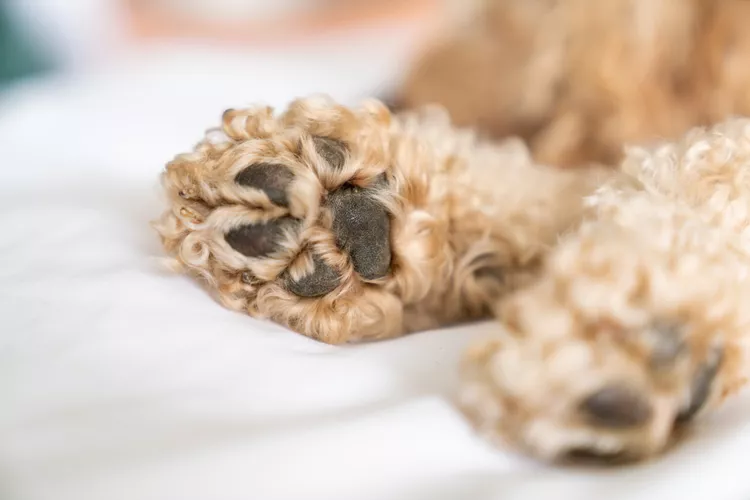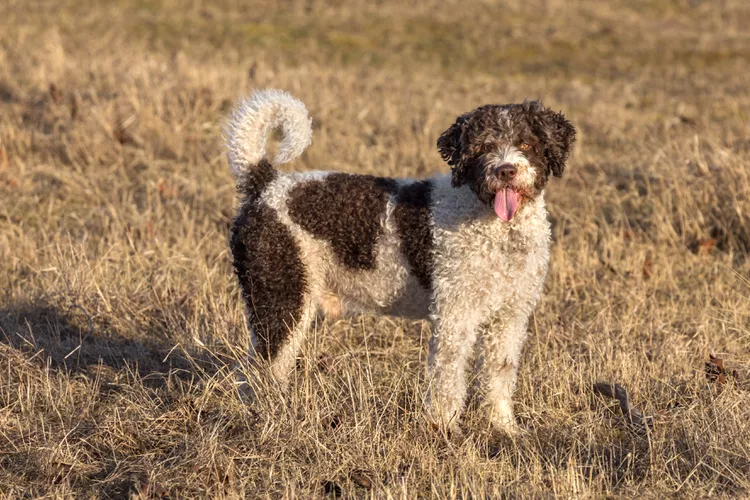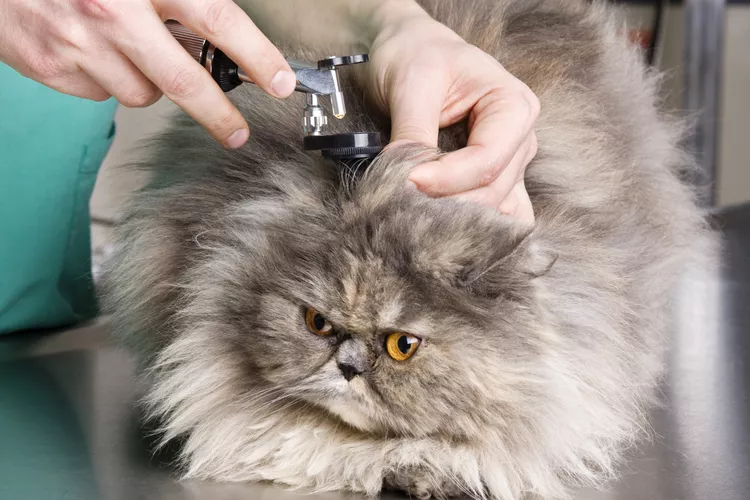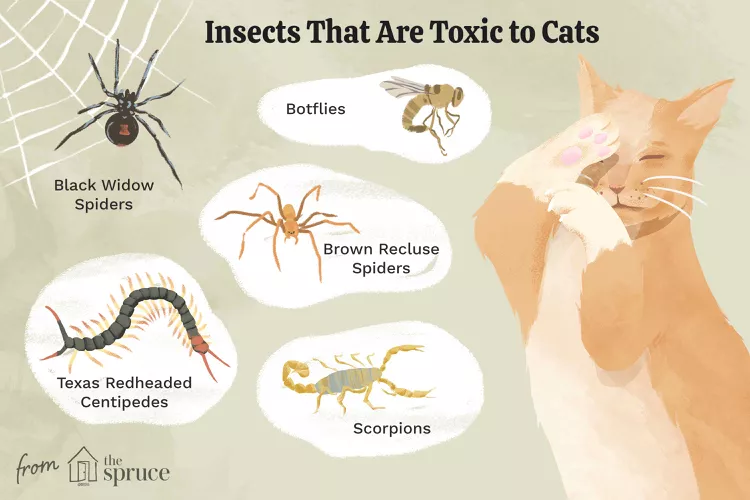
Some dogs will eat just about everything, and most crave the tasty human foods that we enjoy. You may be tempted to offer your dog a treat from your plate after looking into those puppy-dog eyes. Can dogs eat grapes? The simple answer is no; grapes and raisins are toxic to dogs and should never be fed. Fortunately, there are other human foods that dogs can safely eat, such as apples and carrots. If your dog has eaten grapes or raisins, seek immediate veterinary medical attention.
Dogs and puppies should never be allowed to eat grapes, raisins, sultanas, or currants. Unfortunately, these fruits of the species Vitis vinifera may cause serious and irreversible kidney damage that can lead to death. They also may cause neurological dysfunction related to the forebrain, cerebellum, or vestibular system. All varieties of grapes and their dried counterparts are considered toxic and should not be fed to dogs.
Researchers have still not determined the mechanism of toxicity from grapes, nor is the exact toxic dosage known. There may be more than one toxic element involved, especially since the neurological effects do not appear to be related to kidney disease. Many theories exist as to the toxic component, including mycotoxins, heavy metals or pesticides, tannin intolerance, excess vitamin D, or excess monosaccharides. One theory points to a chemical in grapes called tartaric acid after a correlation was made to a case of homemade playdough toxicity in a dog.
As few as four or five grapes may be toxic to an 18-pound dog. The lowest published dose of grapes known to cause kidney damage is 19.6 g/kg body weight. For raisins, the lowest known dose is 2.8 g/kg.
Sensitivity to the fruits of Vitis vinifera may depend on the particular dog. Because the exact toxic dose is unknown, treatment is necessary if a dog ingests any number of grapes, raisins, sultanas, or currants.
Even one or two grapes or raisins may be toxic to a dog. Contact your vet immediately if your dog has eaten a grape or raisin. Do not wait.
The signs of grape toxicity generally appear within 24 to 48 hours of ingestion and are much like the signs of kidney disease in dogs. Vomiting is typically the earliest sign and may be accompanied or followed by lethargy, loss of appetite, diarrhea, and abdominal pain. Urine production may decrease or even cease due to damage to the kidneys. Some dogs will experience increased thirst. Dogs may also exhibit neurological signs such as weakness, ataxia (drunken gait), head tilt, tremors, or seizures.
Without treatment, signs of grape toxicity may continue for days to weeks. These signs will likely worsen over time and may eventually lead to death.
Contact a veterinarian immediately if your dog has eaten grapes or raisins as this is a potential emergency situation. The veterinarian may advise you to induce vomiting at home depending on the time and quantity of ingestion. Never induce vomiting in a dog without being directed to do so by a veterinarian.
When you arrive at the vet's office, the medical team may induce vomiting or perform gastric lavage (pump the stomach) if you have not already induced vomiting at home. This will only be done if the grapes were ingested within about two hours. Next, the dog may be given activated charcoal to absorb toxins in the digestive tract.
Continued treatment involves aggressive supportive care to slow or reverse kidney damage. Blood and urine tests will be performed to evaluate kidney function and electrolyte balance. These tests will need to be repeated throughout treatment. Dogs are typically hospitalized and administered intravenous fluids containing a balanced electrolyte solution. Medications are given to address vomiting, diarrhea, and pain. An abdominal ultrasound may be necessary to visualize the kidneys. Dogs may need to be hospitalized for several days depending on the signs and the severity of kidney disease. Sadly, not all dogs will survive grape toxicity. Some survivors end up with long-term kidney damage that requires lifelong treatment.
The chances of recovery are better for dogs who receive treatment early. If your dog has eaten grapes, raisins, sultanas, or currants seek veterinary medical attention immediately; do not delay. You can prevent grape toxicity by keeping these and all harmful foods out of reach of your dog. Do not feed human food that may contain grapes, raisins, sultanas, or currants.

Tetanus in Dogs
Tetanus is an infection caused by bacteria found in soil. It can cause severe symptoms in dogs and even lead to death if not treated promptly.
8 Common Dog Paw Problems
It is important to check your dog’s paws regularly for any issues and take steps to keep them healthy and protected.
Common Injuries in Dogs and How to Treat Them
Learn about the most common injuries in dogs—whether in their legs, spine, tail, or eye—and how you should treat them with this helpful list.
Can Cats Eat Strawberries? How to Safely Share This Summer Berry
Although cats are primarily meat eaters, strawberries may be an interesting and tasty snack for your feline friend. Find out the risks of feeding strawberries to cats and how to safely let your cat enjoy this fruit.
Is Shrimp Bad For Dogs?
Shrimp can be a healthy, nutritional food for people but can dogs eat them, too? What are the main concerns with feeding shrimp to your dog?
Dog Food Basics
Are you feeding your dog the best way possible? Check out these dog feeding tips to keep your dog healthy and happy.
Rhodesian Ridgeback: Dog Breed Characteristics & Care
The Rhodesian ridgeback is a large hunting dog with a high prey drive. Learn about the breed's history, exercise needs, and more.
Berger Picard: Dog Breed Characteristics & Care
The Berger Picard is a French herding dog with a friendly smile and shaggy beard. Learn about its history, health, exercise needs, and more.
Spanish Water Dog: Breed Characteristics & Care
In the hands of an expert owner, the Spanish water dog shines as an active and faithful companion. Learn about its history, training, and more.
Cat Bunting Behavior: What Does It Mean?
Cats rub their heads against prominent objects to leave scent markings as a part of scent communication.
How to Train Your Cat to Stop Urine Marking
Most male (and some female) house cats will mark territory at some point. Learn the causes or cat urine marking and how to prevent this annoying behavior.
7 Reasons Why Cats Love Bathrooms
Why do cats follow you to the bathroom? Many cats—strangely enough—love the bathroom! Find out why cats seem to love bathrooms so much.
Leptospirosis in Cats
Leptospirosis is rare but potentially fatal in cats. Learn the causes, treatment, and prevention.
Ear Infections in Cats
An ear infection must be treated based on the source of irritation, which may be internal or external. Learn the causes, treatment, and prevention.
Insects That Are Toxic to Cats
Can cats eat bugs? Some bugs can cause injury or illness to your cat, while others are relatively harmless.
Testing for Contagious Feline AIDS (FIV)
Cats should be tested for the contagious feline immunodeficiency virus or FIV. Cats that are positive for the virus usually live normal lives.
Why Does My Dog Pee on My Bed?
Is your dog peeing on your bed? Find out why your dog is having urinary accidents on the bed and learn what to do about it—plus how to stop the habit.
Why Almost Any Dog Can Do Agility Training
Why Almost Any Dog Can Do Agility Training
How to Train Your Dog to Shake Paws
Shaking paws is a fun dog trick that most dogs pick up rather quickly Learn how to train your dog to shake in just a few simple steps.
14 Asian Cat Breeds And Their Rich Hiss-tories
Find out more about the cat breeds that originated from Asia. Some breeds include the Persian, Oriental shorthair, and Japanese bobtail.